Nashville’s population is exploding. A three-hour commute proves it
On March 15, Joe Pitts, the mayor of Clarksville, said it took him three hours to drive the 80 miles from his city to Middle Tennessee State University in Murfreesboro.
In recent years, it has taken me that long to drive from my home in Nashville to Knoxville (180 miles away) or to Birmingham, Alabama (191 miles away).
I was going to the same venue as Pitts and the state of traffic congestion − including a partially closed ramp going to the Interstate 24 and I-40 divide − caused my one-way commute of 45 miles to last an hour and 15 minutes.
Greater Nashville Regional Council Executive Director Michael Skipper, the event keynote speaker, told the audience that they should expect traffic will get worse due to the soaring population increases in the area and the strain on infrastructure and resources.
I am not happy about that news either.
Expect Nashville traffic to worsen
The inaugural event was called A Forum on Growth and Challenges in Middle Tennessee sponsored by MTSU's Jennings and Rebecca Jones Chair of Excellence Urban and Regional Planning and Cumberland Region Tomorrow, an organization that focuses on creating sustainable growth in 10 counties across Middle Tennessee.
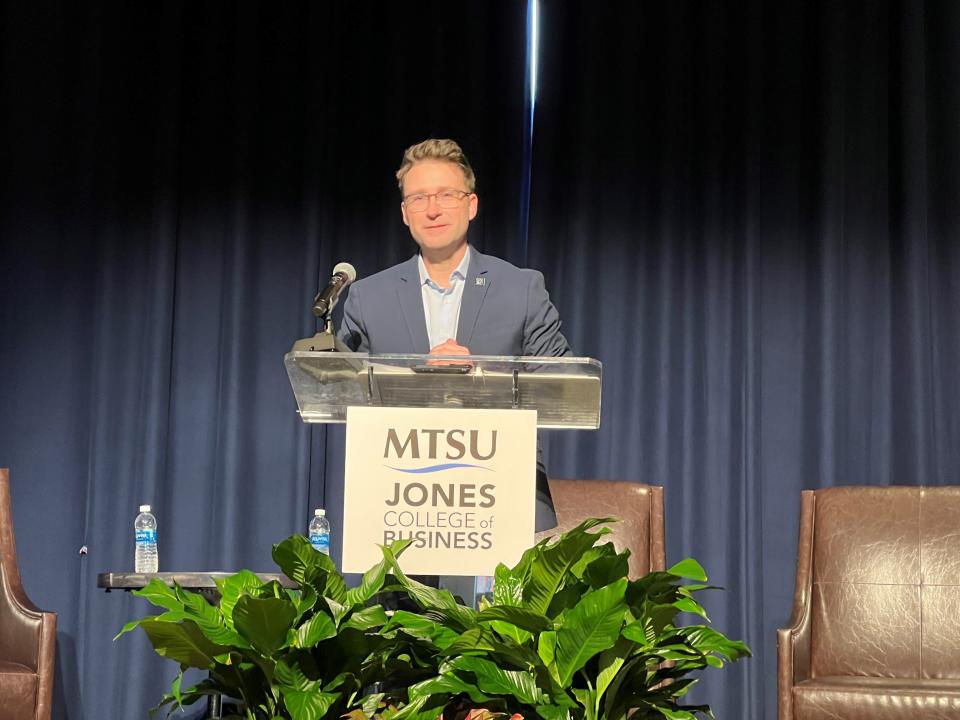
The previous day, the U.S. Census released updated figures showing that the greater metropolitan area of Nashville was growing at a rate equivalent to 86 new people a day.
The growth is not expected to stop any time soon, but if our state and local leaders cannot find a sustainable way to hone that growth, citizens will face even worse commutes, higher garbage bills and housing costs that are increasingly out of reach for most people.
Nobody I know wants any of that.
Column: Nashville neighbors fear zoning reform will spur 'voodoo housing' and 'woohoo tourism'
It's starting to feel more crowded in Middle Tennessee
Census numbers released on March 14 show the gain in 10 Middle Tennessee counties' population in 2023 and the percentage growth from 2022:
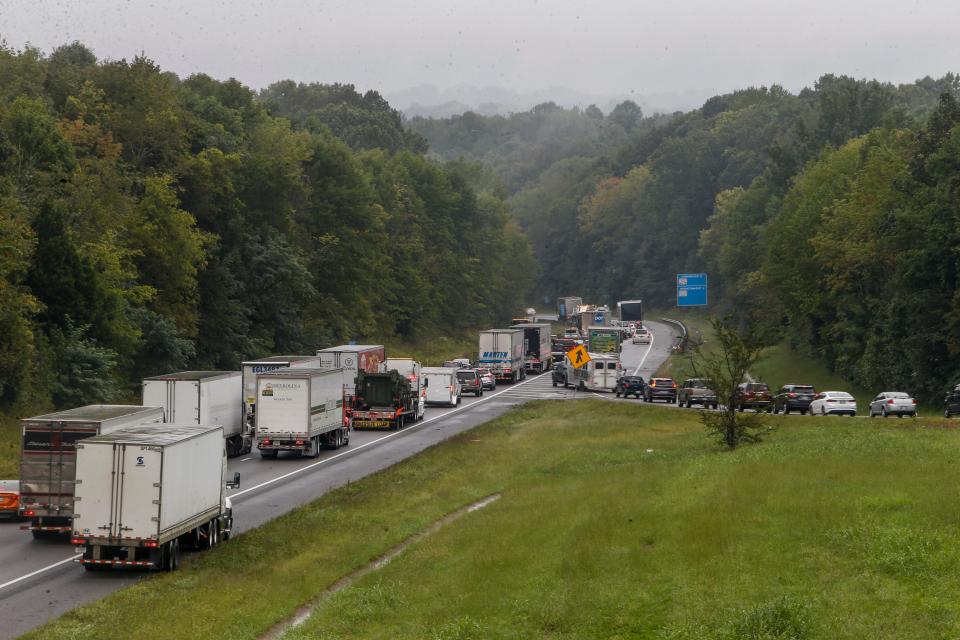
Cheatham: 42,254 (+1.17%)
Davidson: 712,334 (+0.70%)
Dickson: 55,729 (+1.8%)
Maury: 110,760 (+2.56%)
Montgomery: 239,872 (+2.12%)
Robertson: 76,776 (+1.83%)
Rutherford: 376,101 (+1.78%)
Sumner: 207,994 (+2.1%)
Williamson: 264,460 (+1.43%)
Wilson: 163,674 (+3.2%)
The Nashville region grew by more than 30,000 people in a year. If you felt the roads get more crowded, you weren't imagining things.
The opposite of growth is shrinking, but longtime residents, especially, are getting tired of the decline in quality of life. Finding a balance is nearly impossible when the infrastructure is not keeping up with the demand.
How are we going to pay for all this growth?
After Skipper's remarks at the MTSU forum, I moderated a conversation with three city mayors, including Pitts of Clarksville, Ken Moore of Franklin and Paige Brown of Gallatin.
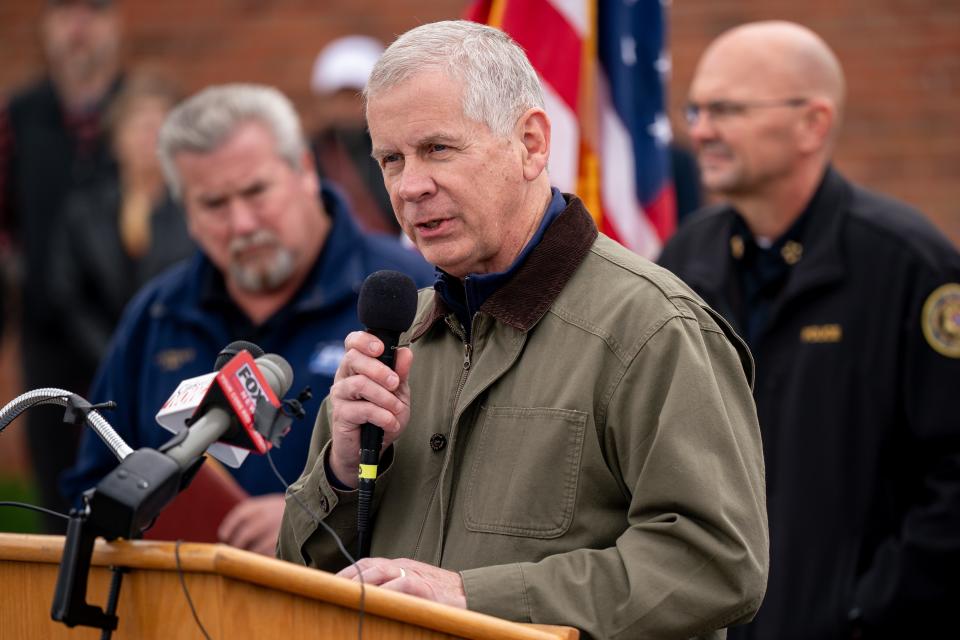
Among the topics we discussed were:
Does growth pay for itself?
What should cities do about housing needs and solid waste?
What are the right regional approaches toward transportation?
All three answered "no" to the first question on growth paying for itself.
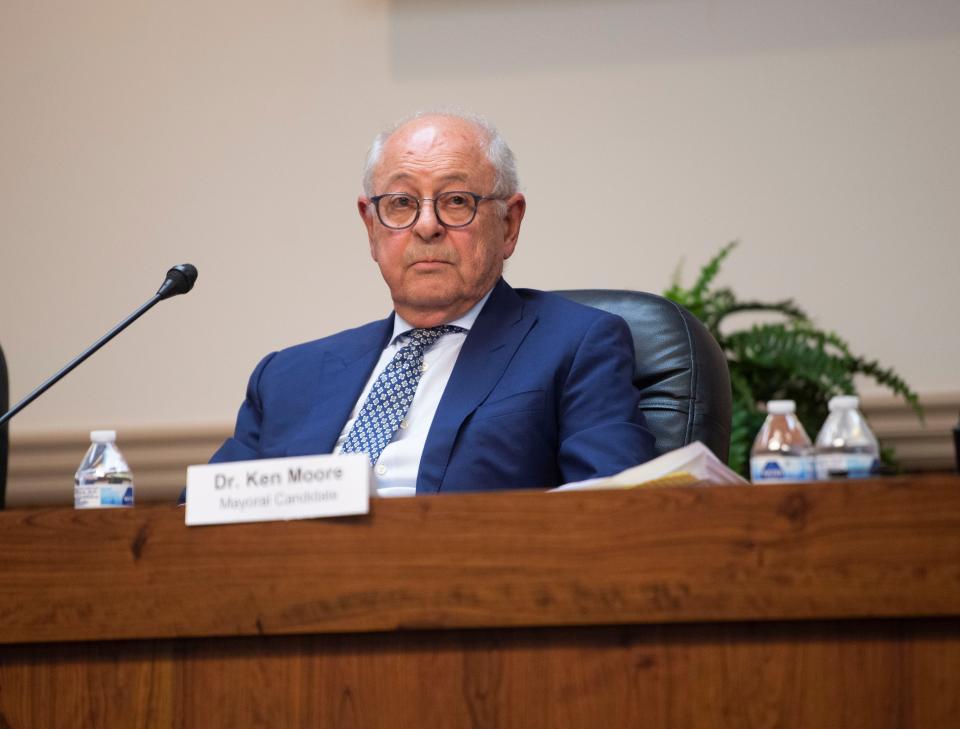
Tennessee's low-tax environment is attracting many new residents, but cities and counties are limited on how to pay for services because there is no state income tax. In fact, in 2014, state voters agreed to amend the Tennessee Constitution to forever prohibit a state income tax.
Most municipalities rely primarily on property and sales taxes to pay for public services. Only some can levy impact fees to charge for the cost of development.
A solution: State lawmakers should initiate a study to find out what every county's individuals needs are and provide fair and equal tools and options that allow them to keep up with paying for public services.
On garbage, GNRC, the group Skipper leads, has a task force on solid waste looking at regional approaches because Middle Point Landfill in Rutherford County, which services Nashville, for example, only has a life span of about six more years.
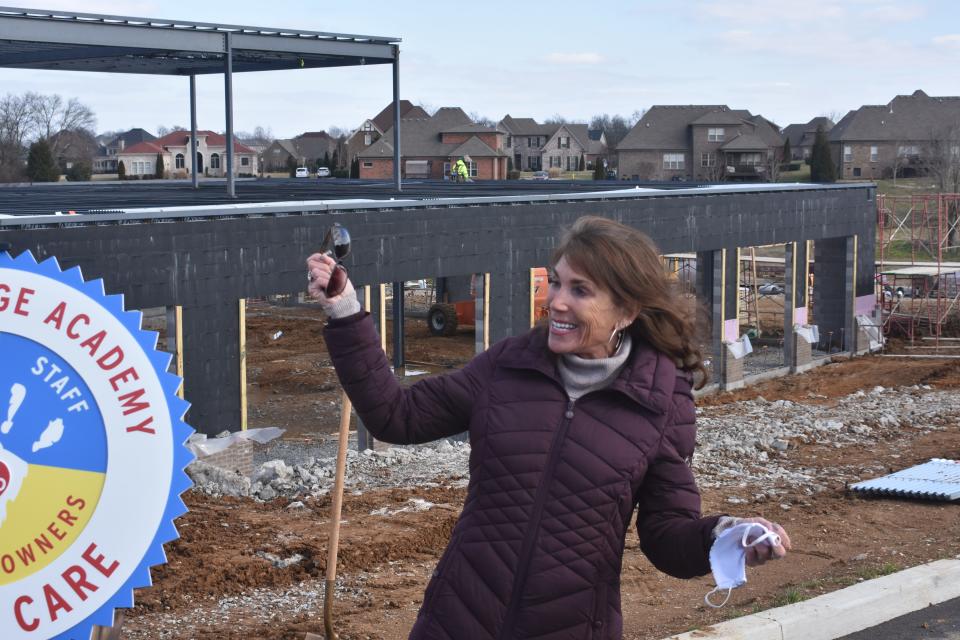
A solution: Initiate municipal pilot programs throughout the state that incent and perhaps even require composting to separate food waste from garbage that goes into the landfill. The cost of doing nothing, as one panelist said, is that citizens' solid waste bills could one day be as high as their electric bills.
Then, there's the issue of housing. There are more people moving into the region than available housing at a variety of price points. We have a supply issue that will require local policy that will not be preempted by the state. Lawmakers need to make this an urgent priority because this is affecting every part of the state, not just the urban areas.
On roads, even though there have been efforts over the last decade by two governors to invest in highways and infrastructure − former Gov. Bill Haslam's IMPROVE Act and current Gov. Bill Lee's Transportation Modernization Act − Tennessee continues to fall behind on keeping up with the growth and impact of commuters and commercial transportation today.
A solution: Tennessee has maintained a policy of "pay-as-you-go" on building roads, but the state should consider ways to reform how the Volunteer State pays for the construction. That should include the possibility of borrowing money − something state leaders have been reluctant to do.
A comprehensive transit plan in Nashville may be the start for a strong regional system in the future. Nashville-Davidson County voters will get their say in a Nov. 5 referendum.
Additionally, look into options not to do highway construction work during the day to avoid keeping people from getting to their destinations on time, be it work, a shopping trip or an event.
As growth surges and infrastructure lags, we need new and creative thinking before congestion turns into constriction.
David Plazas is the director of opinion and engagement for the USA TODAY Network Tennessee. He is an editorial board member of The Tennessean. He hosts the Tennessee Voices videocast and curates the Tennessee Voices and Latino Tennessee Voices newsletters. Call him at (615) 259-8063, email him at dplazas@tennessean.com or tweet to him at @davidplazas.
This article originally appeared on Nashville Tennessean: Nashville population: Traffic, housing worsen. Something must change

